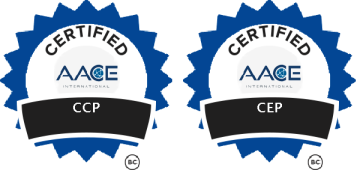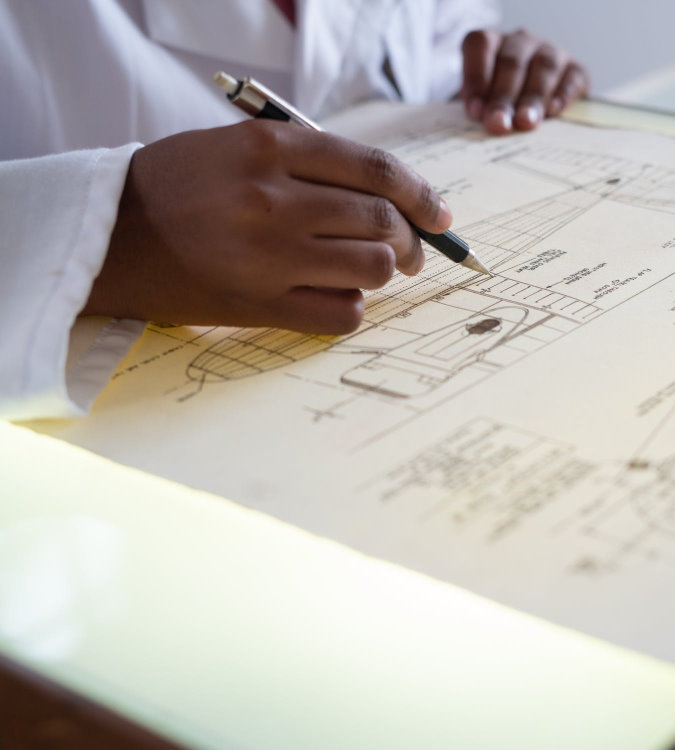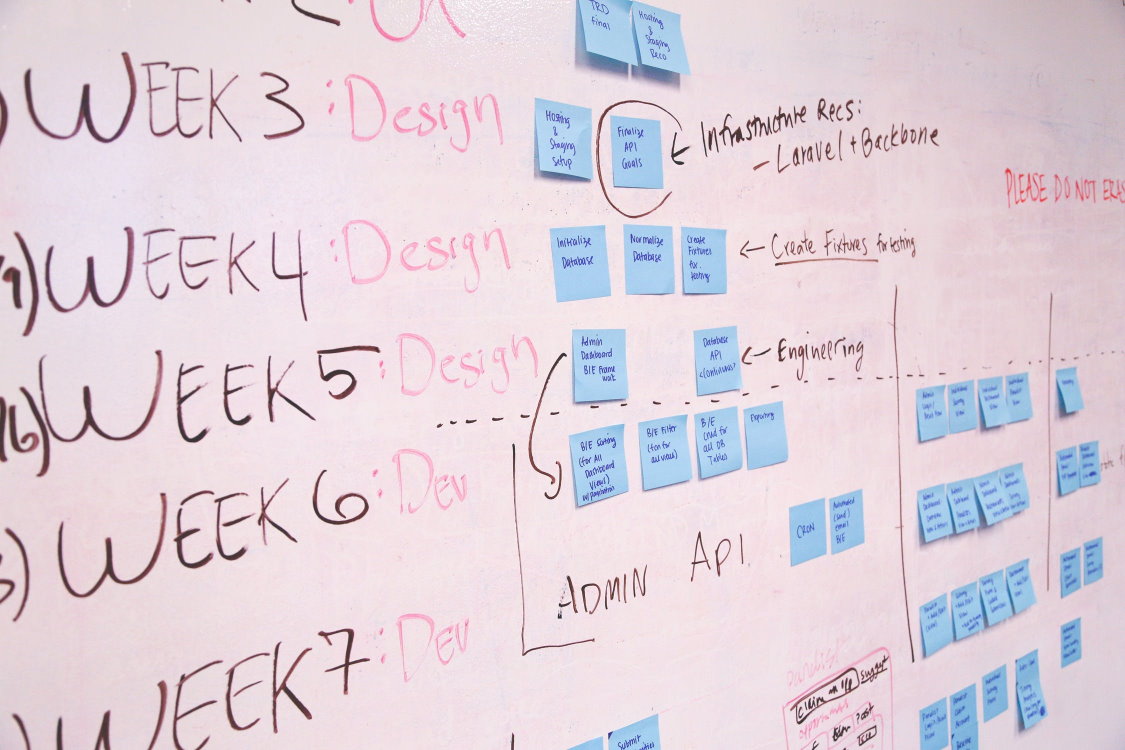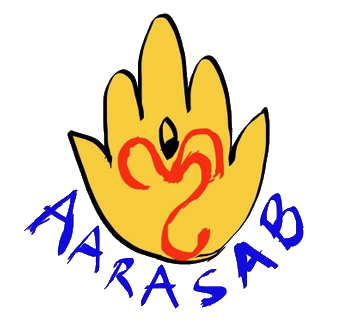Project Controls

Project Control Standards
Aarasab NL applies project control (PC) standards as a directional guide for projects managed through the capex stage gate development process. As an early practitioner of this methodology, Aarasab NL integrates a structured approach illustrated in a typical project development framework.
Standardizing this process allows for the creation and maintenance of a comprehensive historical database of project components, facilitating valuable lessons learned. This data not only enhances project execution performance but also ensures consistency in future developments.
Project controls involve the systematic collection, management, and analysis of data to predict, understand, and effectively influence time and cost outcomes. The goal is to provide actionable insights that support informed decision-making and efficient management.
Key components of Aarasab NL’s project controls expertise include planning and scheduling, risk management, cost controls, scope and change management, earned value management, document control, progress measurement, and reporting. These systems are designed to address three fundamental questions: how much a project will cost, how long it will take, and what value or quality it will deliver.
In practical project management, this translates into maintaining project scope, ensuring quality standards, adhering to budget and timelines, managing risks, resolving issues, and maximizing project benefits. Studies indicate that implementing strong project control processes in early development phases can lead to over 20% savings in overall engineering costs.
With extensive experience in handling complex project control requirements, Aarasab NL has successfully managed both large and small capex projects, consistently delivering cost-efficient and strategic solutions.

Stage 1
Planning Phase
The first stage of project management involves careful planning and defining core fundamentals: identifying key challenges, assembling the right team, and outlining the work ahead. Establishing clear project objectives and stakeholder roles is crucial to setting the foundation for success.
A significant part of this success relies on accurate cost and time estimations, both integral to effective project control. Many projects falter due to underestimated timelines or budget constraints, making precise forecasting essential. The best way to achieve this is through performance analysis of past similar projects, focusing on critical factors such as task breakdowns, project phase durations, budget allocation per task, distribution of workload across the team, and the ratio of billable to non-billable project hours.
By leveraging historical data, project managers can enhance predictability and mitigate risks, ensuring a well-structured and cost-efficient approach to execution.

Stages 2 & 3
Development phase
The build-up or development phase of project management marks the point where teams assemble, stakeholders meet, and assignments are planned. During this crucial stage, Aarasab NL’s project control team plays a pivotal role in ensuring success. At this point, cost estimates transform into budgets, and time estimates become schedules, with project control overseeing four essential areas.
Planning and scheduling involve establishing the project plan and timeline, accurately monitoring scheduled work, and swiftly identifying and correcting deviations to keep the project on track. Cost control focuses on tracking expenses and performance, managing budget allocations, and implementing strategies to minimize costs. Cost estimation serves as the foundation of financial management, predicting resource quantities and pricing to enhance accuracy. Cost and schedule risk analysis evaluates potential project risks, assessing delivery timelines, deadline feasibility, and financial uncertainties to ensure informed decision-making.
By integrating these elements, Aarasab NL provides the expertise needed to streamline project execution and drive efficient, cost-effective outcomes.

Stage 4
Implementation phase
This is the stage where the plan comes to life. While execution can be highly rewarding, it also presents challenges. Aarasab NL ensures stakeholders stay focused by setting clear agendas, keeping discussions streamlined, and preventing distractions.
A significant part of maintaining efficiency is accurately assessing the team’s progress and activity. This insight helps identify broken processes, overwhelmed employees, and disruptive tasks. By monitoring this data, project managers can balance workloads, allocate resources strategically, and keep the team aligned with project priorities.
By engaging Aarasab NL from the planning phase, we have successfully reduced the execution phase TIC budget by 5%, thanks to the implementation of robust project controls.

Stage 5
Project closeout phase
The project has been successfully commissioned! At this stage, Aarasab NL’s project controls team follows best practices to review overall performance, identifying trends and processes that contributed to success. By analyzing these insights, we refine strategies for future projects, ensuring continuous improvement. Lessons learned also serve as valuable training tools for upcoming project managers, helping them understand what worked well and what could be improved.
Evaluating key factors is crucial: Did the team achieve its objectives? Was progress aligned with expectations? Did we deliver a high-quality product while staying within budget? Is there further work to be done? Effective project control provides the framework to assess these aspects, ensuring data-driven decision-making. Our proven processes consistently deliver the highest quality outcomes for our clients, reinforcing our commitment to excellence.

